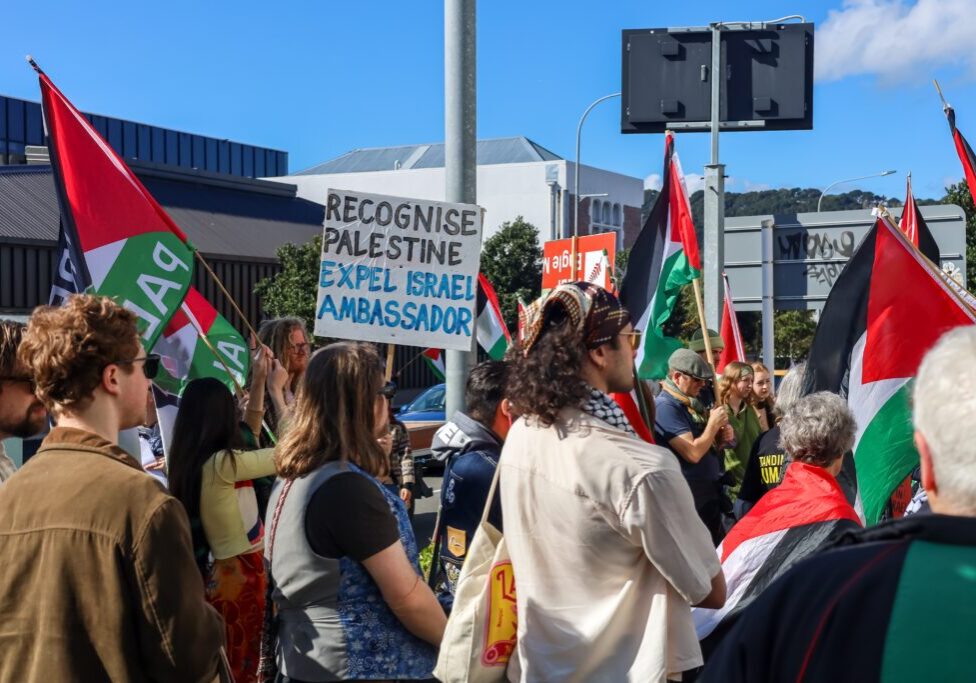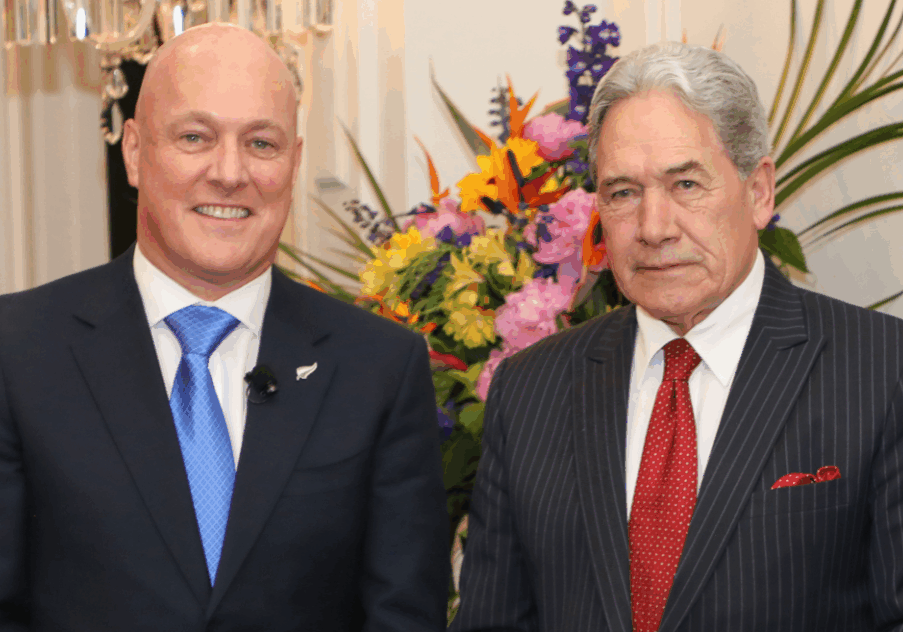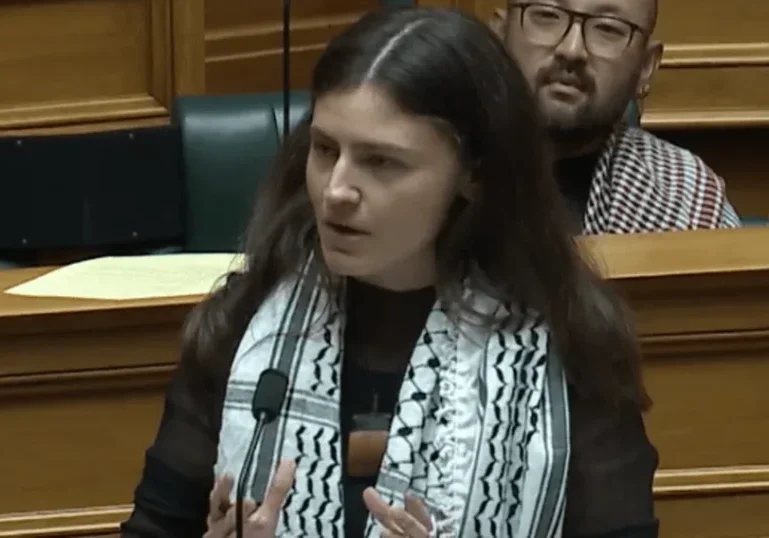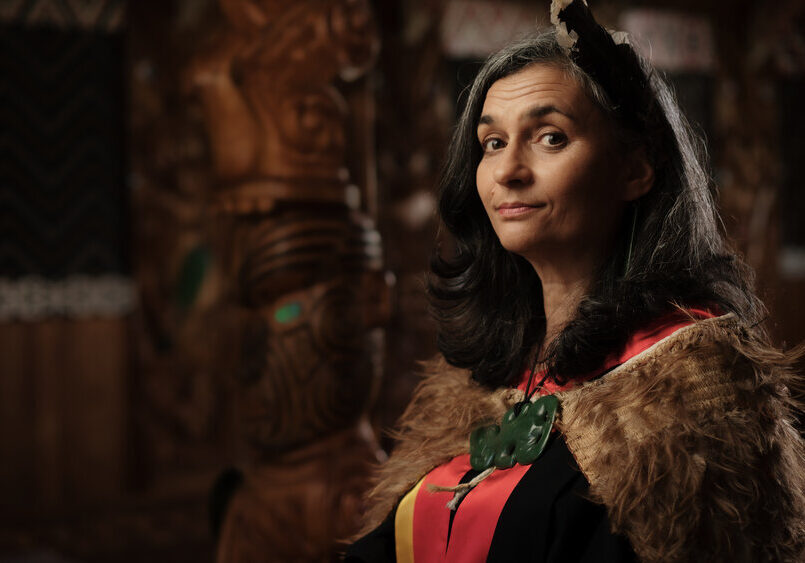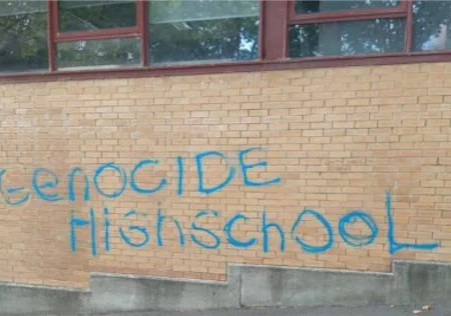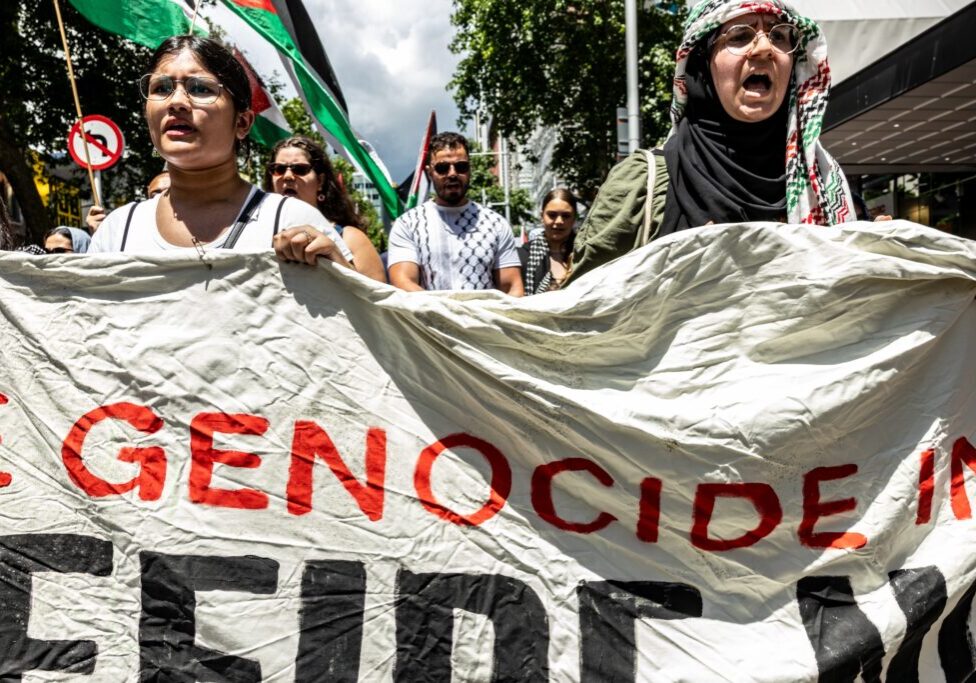Australia/Israel Review
AIR New Zealand: Labour political shakeup kicks off election year
Mar 2, 2023 | Miriam Bell
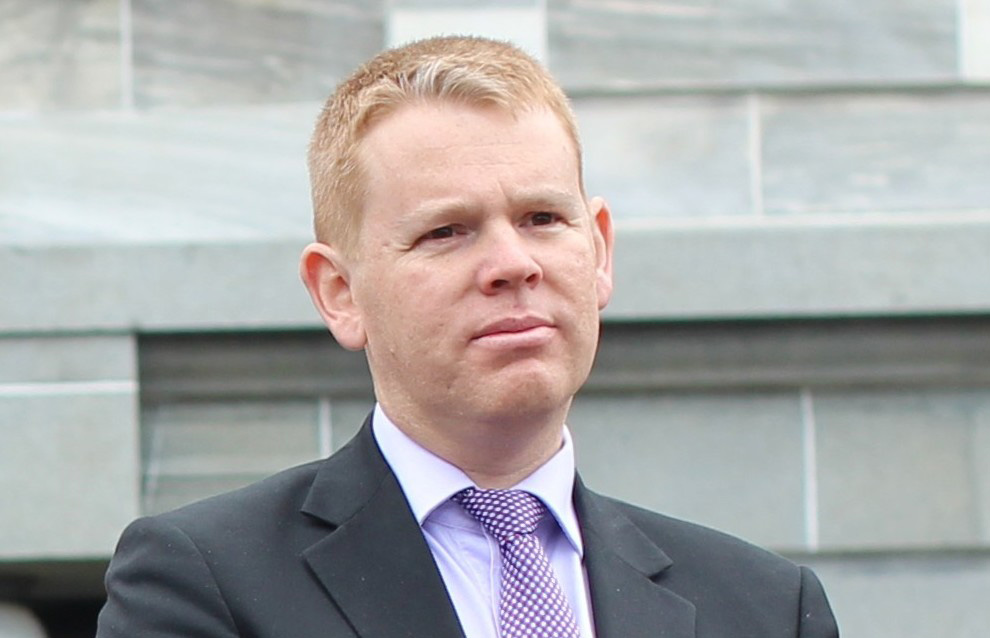
They say a week is a long time in politics, but the first weeks of the political year in New Zealand took that concept to new heights.
Traditionally, New Zealand – and its politicians – take a long, leisurely break over summer. Even when Parliament reconvenes, and the leaders offer up their state of the nation speech, not much happens.
This year has been very different.
When the Labour Party met for its first caucus meeting of the year on January 19, Prime Minister Jacinda Ardern surprised everyone by announcing her resignation. It was time for her to leave the role as she “no longer had enough in the tank” to do the job justice, she said.
In the wake of her resignation, there was much commentary about the large amounts of vitriol, misogyny and threats of violence that have increasingly been directed at Ardern. But she has said it was not these that led to her decision.
There was also speculation that a decline in her popularity, from a high of 59.5% in May 2020 to 29% late last year, might have been a factor. Again, Ardern dismissed this.
Nonetheless, the Labour Party was trailing the opposition National Party in the polls. There was a growing view that a change in government to a National/ACT party coalition, with National leader Chris Luxon taking the premiership, was highly likely at this year’s election, scheduled for October.
Ardern’s bombshell announcement has shaken up that assumption, reigniting the election race.
The Labour Party executed a smooth, orderly transition to a new leader. Chris Hipkins, former Education, Police and COVID Response Minister, was sworn in as prime minister within a week.
Hipkins, a savvy political strategist known as a “Mr Fix-it”, was forced to hit the ground running.
Devastating floods swamped Auckland in late January. Two weeks later, the country was hit by Cyclone Gabrielle, which had a catastrophic impact on several regions.
Hipkins navigated these natural disasters efficiently. At the same time, he also reshuffled his cabinet, ditched a host of contentious and unpopular Labour policies and repositioned the party with a focus on “bread and butter” issues, such as the cost of living.
His approach appears to be paying off, with the latest polls showing a surge in Labour’s popularity.
Both parties were polling 34.4%, with National falling 2.8% points and Labour up by 2.7%. But with its potential minor party partner, the ACT party, National would likely have just enough seats to form government.
There are still eight months until the election, and the trajectories of ACT, Labour coalition partner the Greens, and the Maori Party will likely have a big impact on the eventual outcome.
But Labour has clearly regained momentum under Hipkins.
Luxon’s leadership could even be under threat, according to Victoria University political studies lecturer Bryce Edwards. While Luxon unified National and revitalised its polling after assuming the party leadership in Nov. 2021, these improvements have stalled, and his personal poll ratings will be cause for alarm within the party, Edwards says.
For example, in the Curia poll Luxon’s net favourability rating was -5%, down from -1% the previous month. Hipkins’ net favourability was +27%.
Hipkins’ ascendancy and policy reforms mean Luxon’s strategies of “anyone but Jacinda” and “anyone but Labour” are no longer working, Edwards says.
But what does the changed political landscape mean for those interested in policy issues of importance to the Jewish community, and particularly Israel? The odds are – not much.
This year’s election, much like the 2020 election, is set to focus on domestic issues, such as cyclone recovery, the cost of living, inequality, and, potentially, co-governance and the impact of climate change.
Israel Institute of NZ Director David Cumin says New Zealand policy towards Israel tends to be fairly similar, regardless of which of the two major parties is in power. That is because both parties are steered by advice from the Ministry of Foreign Affairs (MFAT) in this space.
“Remember that the National Party’s Murray McCully was foreign minister when New Zealand co-sponsored UNSC resolution 2334, and McCully was unable to say that the ‘knife intifada’ was ‘terrorism’,” Cumin noted.
Both National and Labour majority governments have also followed MFAT advice to fund schools in the disputed territories that teach hate, glorify terror and employ teachers who incite violence, he says.
“We also suspect that MFAT or DPMC (Department of the Prime Minister and Cabinet) is responsible for advising successive prime ministers not to take police and SIS [Security Intelligence Service] advice to proscribe Hamas and Hezbollah as terror entities, but to create an artificial distinction to separate out ‘military wings’ of each group.”
“The Institute hopes that whoever is elected, and appointed to representative roles, will resist the bias of officials to ensure, at the very least, that taxpayer money is not aiding terror, and there are no legal loopholes to allow support for terror from New Zealand,” Cumin concluded.
Tags: New Zealand

